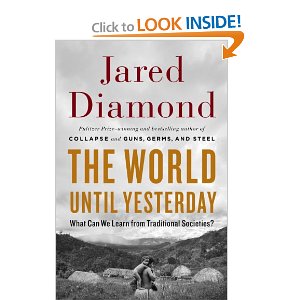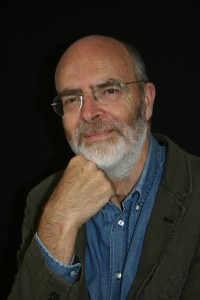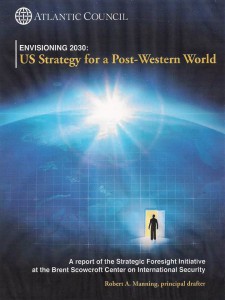Focused on new book, but in passing provides very good summaries of past books.
Jared Diamond: what we can learn from tribal life
The west's dwindling connection with the natural world puts it in increasing peril, says the distinguished anthropologist in his new book. Many of the practices of tribal cultures can help us to rediscover our way, he argues – from respecting the environment to letting toddlers play with knives
EXTRACT

Since moving to LA, Diamond has produced a series of books that have propelled him to fame. The first, The Rise and Fall of the Third Chimpanzee, appeared in 1992, its title referring to Homo sapiens, who are depicted by Diamond as a species of chimpanzee that is increasingly out of kilter with the natural world, particularly since the invention of agriculture, “a catastrophe from which we have never recovered”. With the arrival of farming, Diamond argues, women were subjected to domestic drudgery; people started to hoard resources and wealth; and our proximity to animals triggered disease epidemics that still threaten to overwhelm us. “With agriculture came the gross social and sexual inequality, the disease and despotism, that curse our existence,” he states. The Third Chimpanzee won the Royal Society prize for science books that year.
Continue reading “Berto Jongman: Jared Diamond's Books Summarized”






